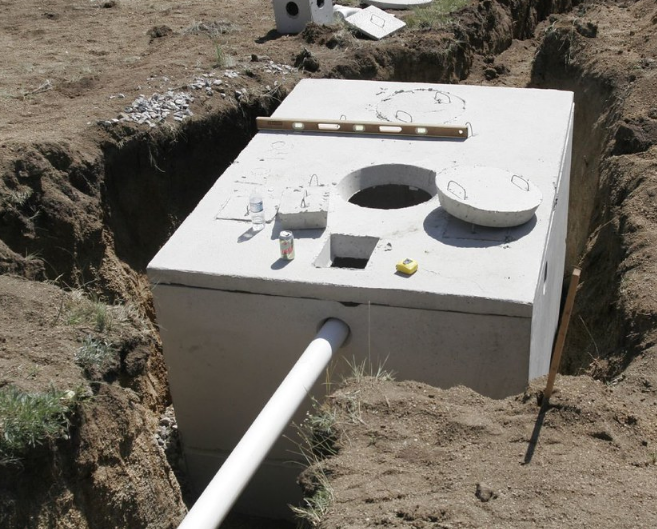 Everything you do or don’t do at home impacts your septic tank and leach field. Harsh cleaning products can kill the bacteria in your septic tank, resulting in less effective waste digestion. It’s important to get your septic tank pumped regularly. Keeping up with regular maintenance helps you avoid costly septic system repairs.
Everything you do or don’t do at home impacts your septic tank and leach field. Harsh cleaning products can kill the bacteria in your septic tank, resulting in less effective waste digestion. It’s important to get your septic tank pumped regularly. Keeping up with regular maintenance helps you avoid costly septic system repairs.
Inspect Your Drains Regularly
Regular drain inspections are crucial for homes with septic systems. They help identify potential problems early and prevent clogs and backups in the drain lines. A well-maintained septic system saves you money and stress. Consider scheduling a professional cleaning or service from reputable septic tank draining services Orlando, FL. Regular inspections can help identify and resolve minor issues before they become major problems, ensuring your home remains clean and free from damage caused by dirty sewer water. Wastewater from your home flows into a septic tank, where solid materials settle at the bottom and form sludge. Fats and oils float to the top and form scum. Anaerobic bacteria partially treat the wastewater pollutants. The liquid effluent flows from the tank into a septic drain field where gravel and soil absorb and filter it further. Alternative systems may use pumps or other means to help septic tank effluent flow through sand, peat, constructed wetlands, or other media for treatment before dispersing into the soil.
Hire a Professional
All the wastewater that goes through your home drains eventually enters your septic system, essentially a miniature wastewater treatment plant. It carefully breaks down solids and separates heavy particles into the bottom of the tank, then flushes “clean” water into your drain field for slow filtering back into the environment. The whole process relies on the health of good bacteria. Keep a few simple steps in mind to keep your septic tank working properly. Use eco-friendly cleaners that break down organic material without harming the bacteria inside your septic tank. Also, don’t send cooking oil, food particles or excess detergents down the drains. Instead, scrape plates and utensils into the garbage bin or compost pail. Pump your septic tank regularly when scum and gunk reach the level of the outlet drain. Use septic-safe toilet paper and avoid flushing paper towels or wet wipes, even those labeled “flushable.” Finally, replace bleach with natural alternatives safe for your pipes and septic tank.
Avoid Chemicals
Most chemical drain cleaners are made up of harsh and dangerous chemicals. Inhaling the fumes they create can cause various health issues, including eye and skin irritation, asthma, and respiratory problems. They can also be harmful to children and pets. Moreover, the residue left behind in bottles can seep into the ground and water supply, poisoning wildlife and causing damage to older pipes. Most importantly, many chemical drain cleaners are ineffective for all clogs. They can worsen things by disrupting the natural balance of bacteria that break down waste in septic systems. There are many alternative options for clearing drains, from homemade natural remedies to simple boiling water. For instance, you can try baking soda and vinegar (a base and acid that react to clear clogs). Or try enzyme drain cleaners that contain bacteria that digest organic waste. If you are still trying to figure out what to do, it’s best to contact a professional plumber for help.
Avoid Clogs
Clogged drains are more than just unsightly, and they can be dangerous. They provide ideal habitats for growing bacteria and mold, which can cause serious health problems. They can also lead to costly repairs down the road. Regular drain cleaning services can help prevent future clogs by thoroughly clearing the pipes and addressing any underlying issues causing them. This will save you money and hassle in the long run. Avoid putting anything other than sewage, water and liquid biodegradable products down your drains.






